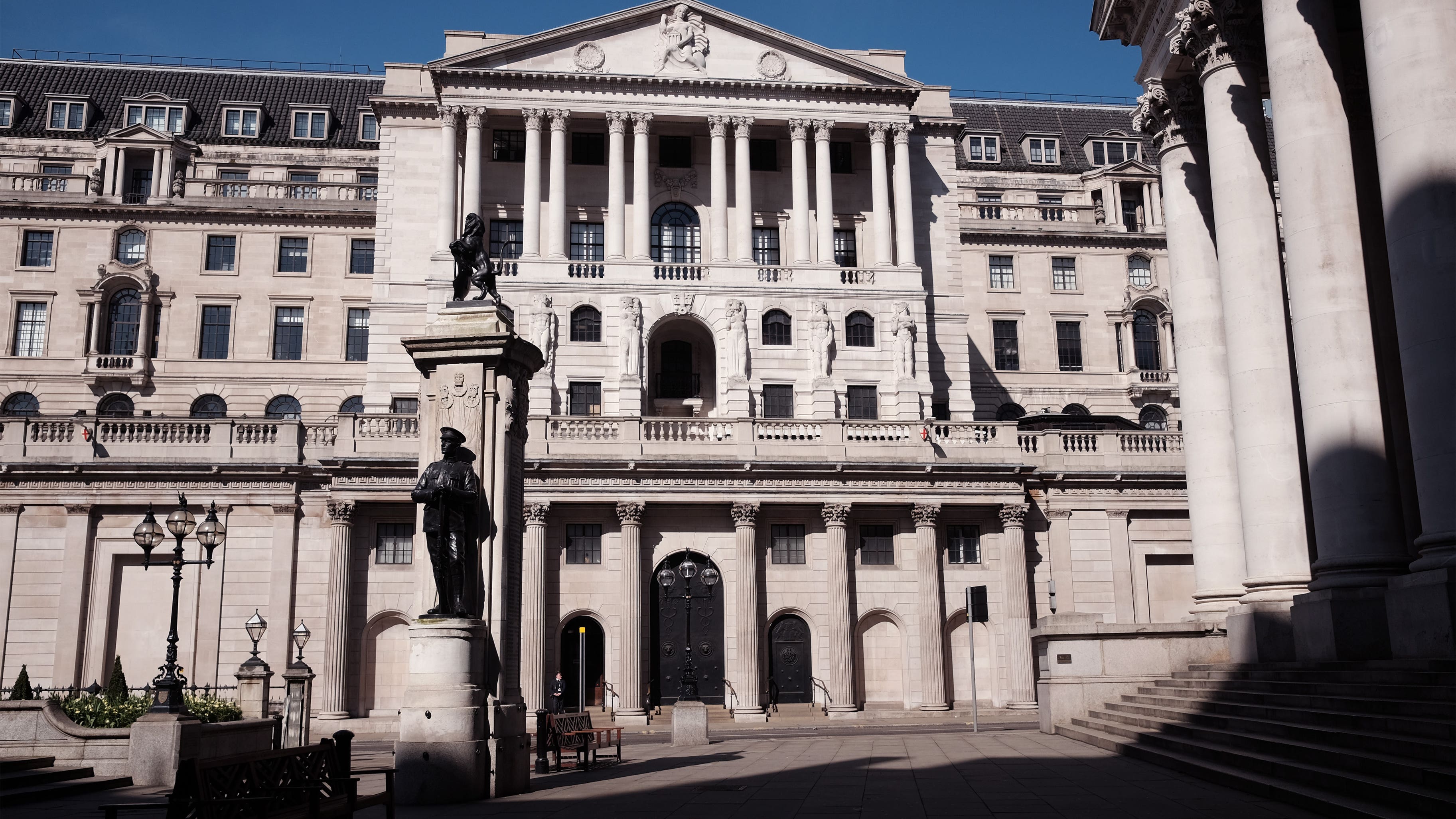The transparency of the Bank of England’s Covid Corporate Financing Facility (CCFF) has been called into question as it was revealed that another £3.6 billion has been drawn on, making a total £5.5 billion that big business has been bailed out with.
Launched by the Bank of England and the Treasury in March, the CCFF allows large corporates which are able to issue investment grade debt to access newly created money from the central bank in exchange for commercial paper (short term debt). This means big businesses are being bailed out with public money.
Yet this is done under a veil of secrecy. The Treasury and the Bank of England refuse to divulge which corporates are being bailed out with public funds.
The CCFF scheme has also run into criticism because it favours big business at a time small and middle-sized companies are at great risk of being lost for good during the lockdown the Government has imposed. A recent British Chambers of Commerce survey found a majority of firms have just three months of cashflow or less. A report by The Corporate Finance Network of accountants predicted that almost a fifth (18 per cent) of Britain’s five million small businesses would not be able to survive the next month.
To qualify for the CCFF, a firm needed to be investment grade, as defined by a rating agency, which applied to just over 100 companies in the UK according to rating agency Fitch. After much criticism, the Chancellor of the Exchequer expanded the scheme, but the Bank of England criteria are still tight and rule out many businesses.
In the first week of the CCFF (23 March – 1 April 2020), the Bank of England bought nearly £1.9 billion of commercial paper from companies. The Bank bought up a further £3.626 billion of commercial paper between 1-8 April, bringing the total bailout so far to over £5.5 billion. The scheme will operate for at least 12 months.
Individual firms are allowed up to £1billion from the CCFF. There appears to be no limit to the amount of money the Bank of England is willing to create to fund the scheme.

Confidentiality agreement
The Bank of England states that “The names of issuers and securities purchased or eligible will not be made public.” In the CCFF scheme guidelines it adds: “We require companies that participate in the facility to sign a confidentiality agreement with the Bank.”
EasyJet is one of the few companies that reported its usage of the CCFF, announcing that it had drawn £600 million from it last week. However in doing so, EasyJet may have violated a confidentiality agreement with the Bank of England.
Despite the confidentiality agreement, housebuilder Redrow which last week revealed 80 per cent of its workforce had been furloughed said it will now have access to an extra £300m of banking facilities from the CCFF scheme which are currently undrawn. FTSE 250 listed housebuilder Crest Nicholson Holdings PLC also said it has furloughed three-quarters of its staff and added that it has qualified to apply for the CCFF on Thursday.
Greggs also said it secured £150 million from the fund after closing bakeries and furloughing thousands of staff with the taxpayer paying 80 per cent of the FTSE 250 bakery chain’s wages.
The Treasury refused to comment on why the public are unable to see which other corporates have been bailed out with public money, saying the Bank of England were taking a lead on the matter.
The Bank of England is yet to reply to our questions on why the public should not know which corporates public money is bailing out.
Set up in the aftermath of the financial crisis, Positive Money is a campaign for a fair and sustainable money and banking system which supports a fair, democratic and sustainable economy system.
Fran Boait, executive director of Positive Money said: “It almost seems as if the Treasury and the Bank of England have engineered a way to bailout big businesses with public money without the public ever having to know. The severity of the current crisis does not mean that bailouts should be concealed from the public eye.
“The lack of transparency is made even more worrying by the fact there are no social or environmental conditions attached to the CCFF. We already know that an airline has been given hundreds of millions of pounds through the scheme. This begs the question of who else could be getting a bailout behind the scenes.
“The Bank of England should at the very least scrap the confidentiality of its bailout scheme going forward. The public has a right to know where public money is going.”
Meanwhile Rishi Sunak’s small business relief schemes have been criticised for qualifying out many of the businesses they are meant to protect.
Scores of ‘new-economy’ companies which rely on flexible work set-ups to survive have got in touch with The London Economic saying they have been found to be ineligible under coronavirus rescue schemes because they don’t meet the criteria.

